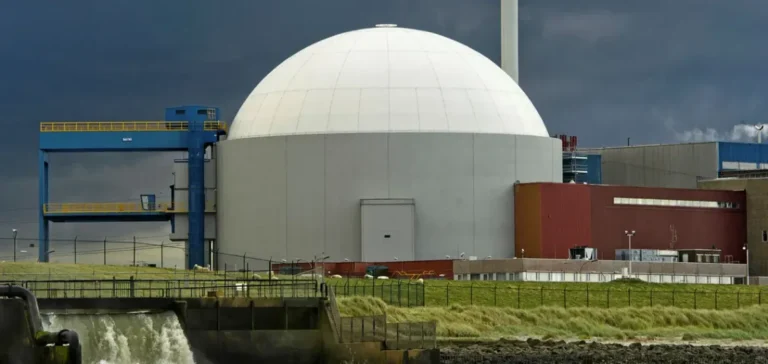The government of the Netherlands has submitted a draft amendment to the Nuclear Energy Act to allow the Borssele nuclear power plant to operate beyond its current shutdown date of 2033. This legislative change would authorise the operator to apply for an extension with the Authority for Nuclear Safety and Radiation Protection (ANVS), provided the plant’s safety can be guaranteed. The Borssele reactor, with a net capacity of 485 MWe, has been operational since 1973 and accounts for approximately 3% of the country’s electricity generation.
According to official statements, if the law is passed, the plant could remain in operation until 2054. The state is also considering acquiring a stake in Borssele should the extension be approved. This move is part of a strategy to maintain a stable energy base not reliant on intermittent sources, while continuing to develop renewable energy.
Creation of NEO NL to lead future installations
Alongside the legislative reform, authorities have announced the creation of a public company dedicated to the construction and operation of new nuclear reactors. Named Nuclear Energy Organisation of the Netherlands (NEO NL), the entity will be fully owned by the Ministry of Climate and Green Growth. It will be responsible for contracting with builders and managing future facilities. A budget of EUR45 million ($52 million) has been allocated to launch its operations.
Two new reactors are planned by 2035, each with a capacity between 1000 and 1650 MWe. Combined, they could account for 9% to 13% of the country’s electricity production. Borssele is currently considered the preferred site for the new units, though other locations such as Tweede Maasvlakte, Terneuzen and Eemshaven are also under review.
Towards a regulatory framework for small reactors
Additionally, the government is preparing regulatory support for the development of small modular reactors (SMRs). A budget of EUR20 million has been earmarked to promote their integration into the energy landscape. This initiative follows a cooperation agreement signed with the United Kingdom in July 2025, aimed at sharing experience and best practices in regulation and development.
Minister of Environment and Green Growth Sophie Hermans stated before the House of Representatives that the creation of NEO NL and the amendment to the law are structural elements for the country’s energy future. She noted that these decisions address the need to ensure continuous, low-emission electricity generation, in the context of modernising the national regulatory framework.






















